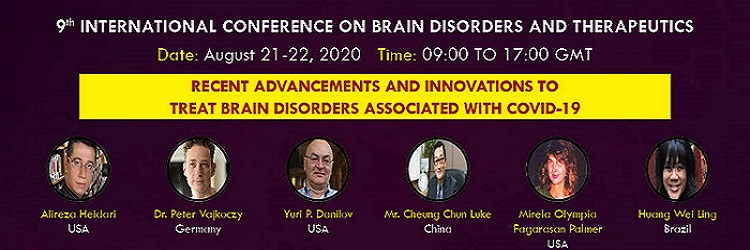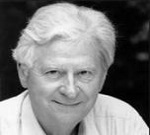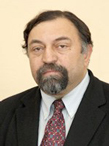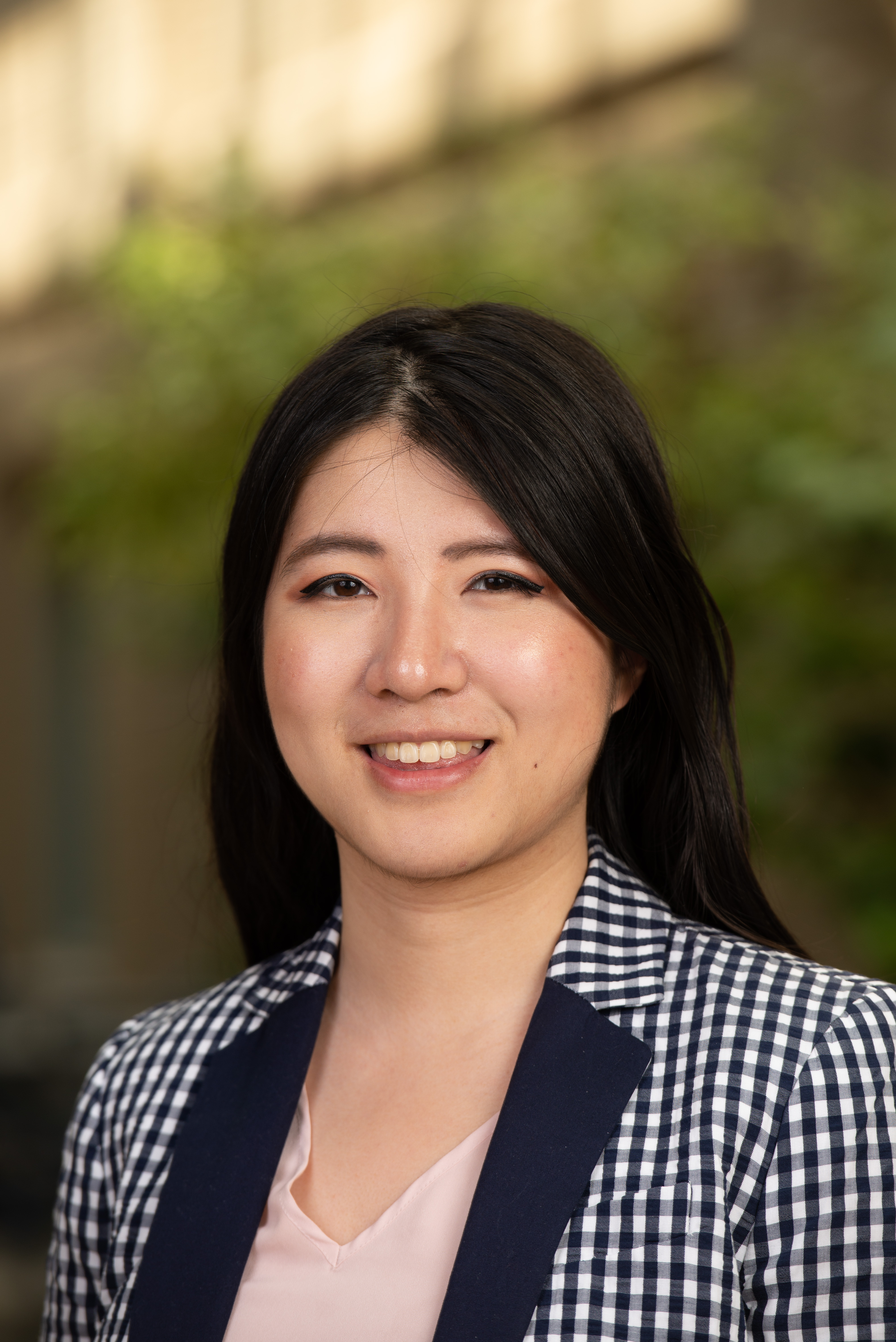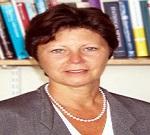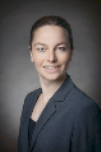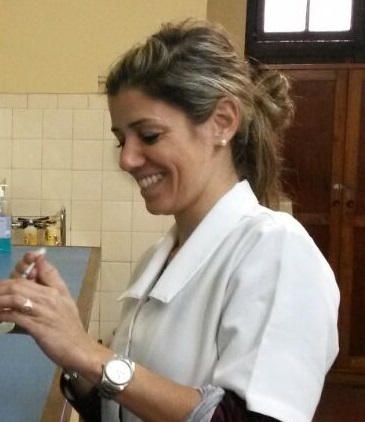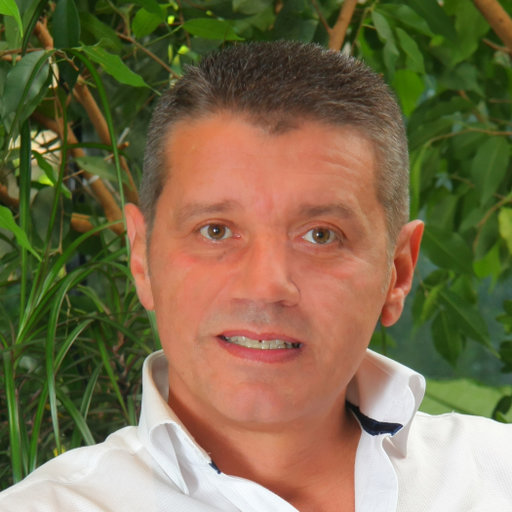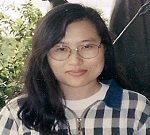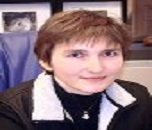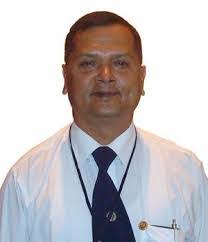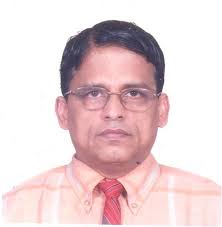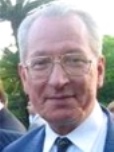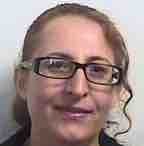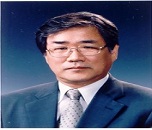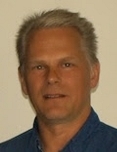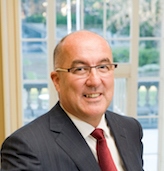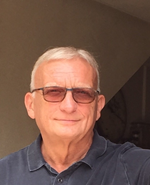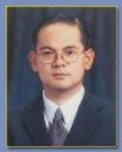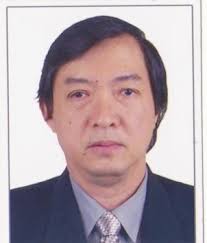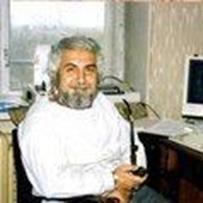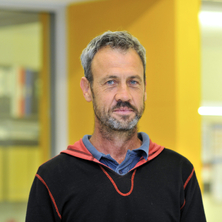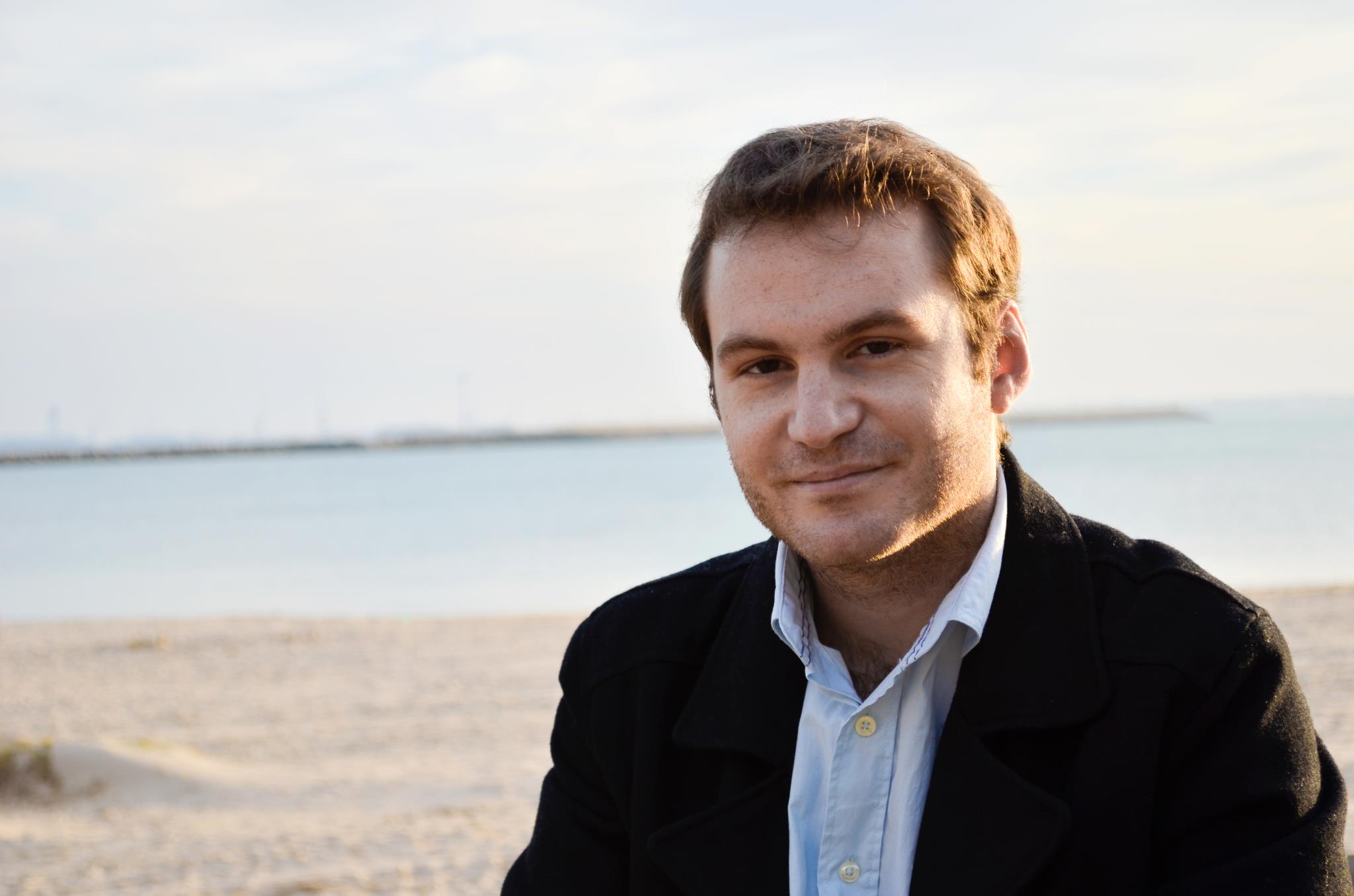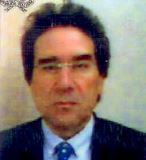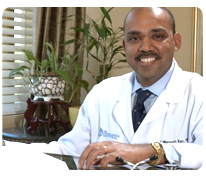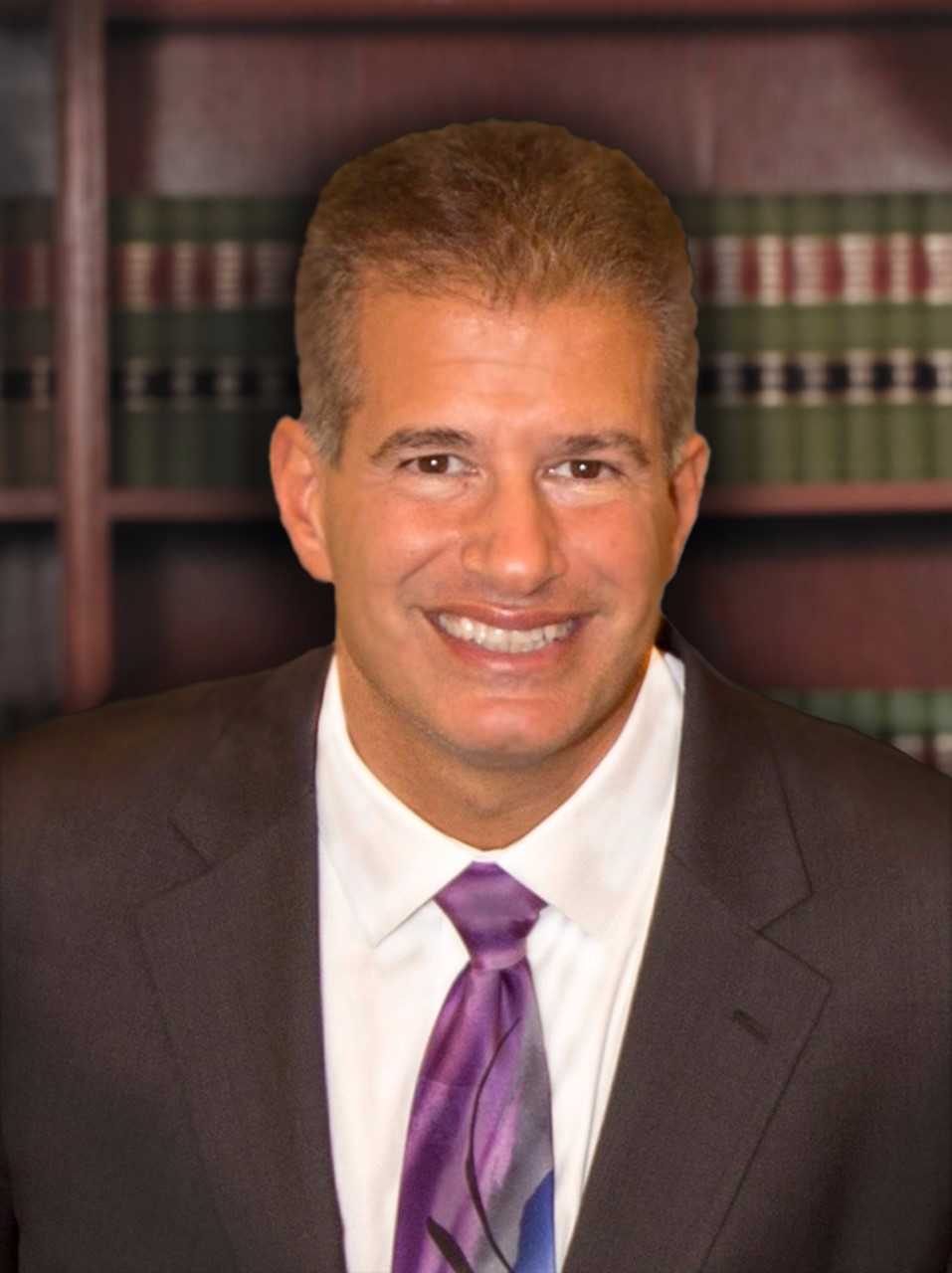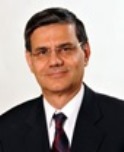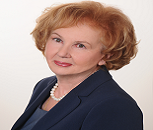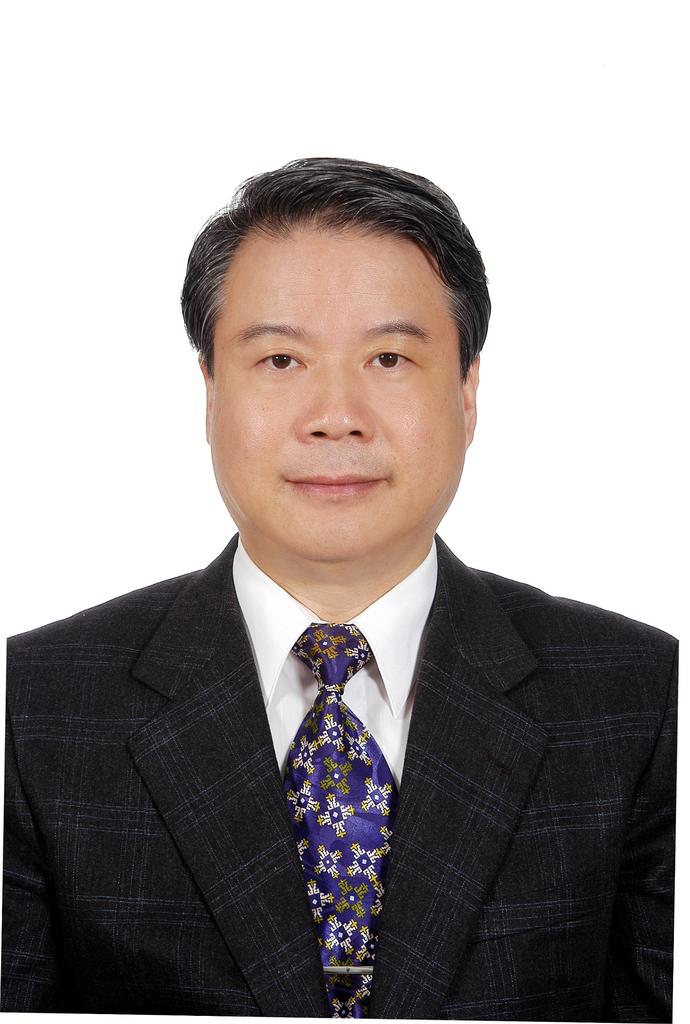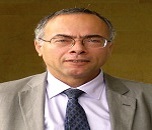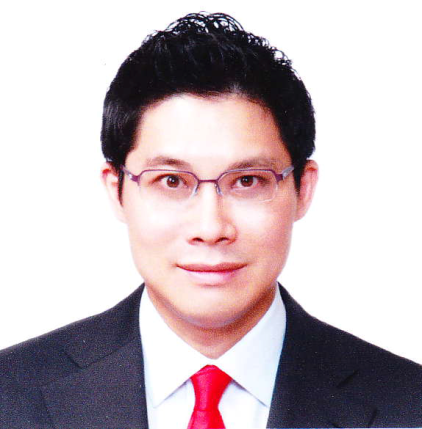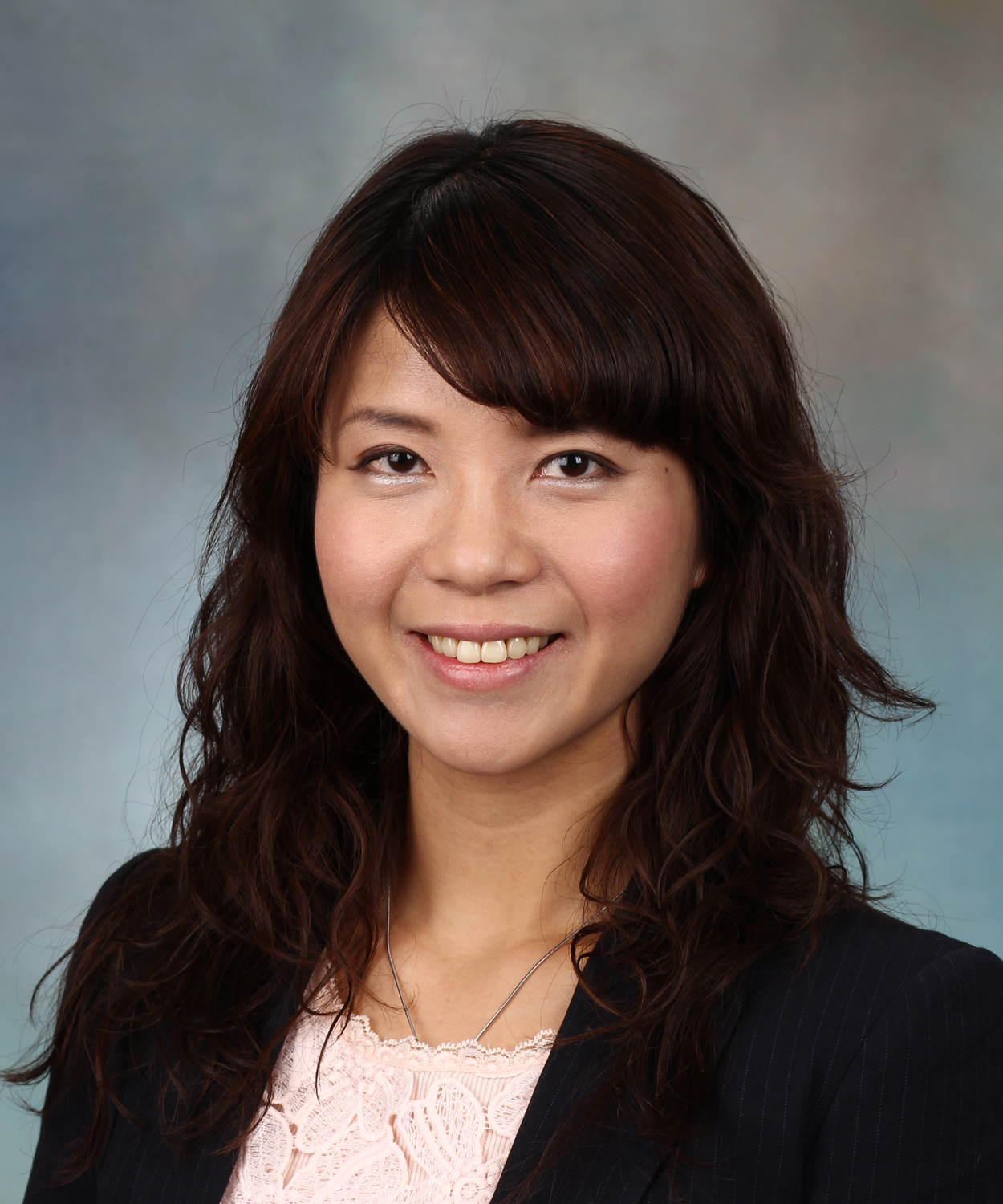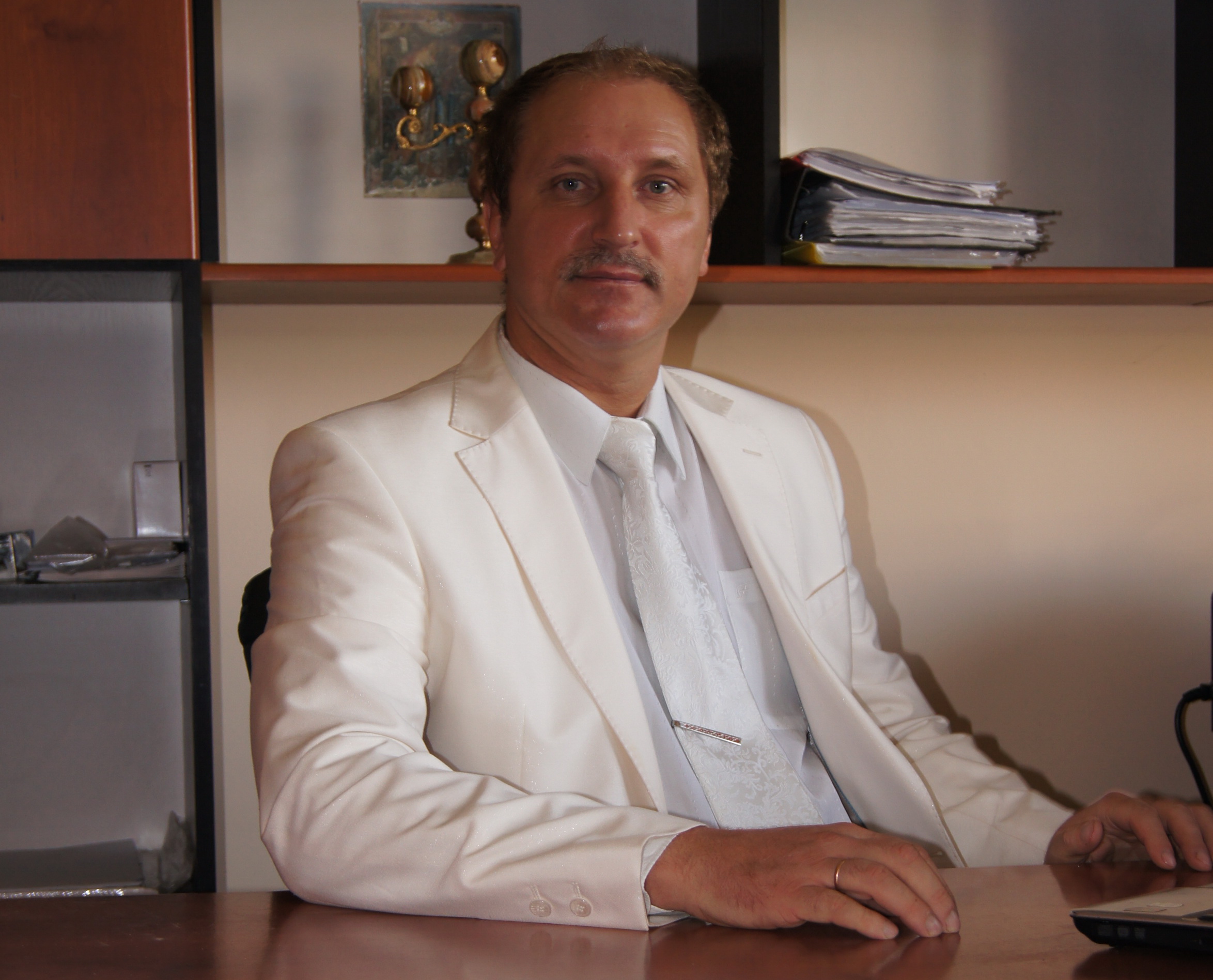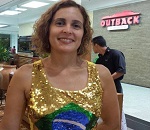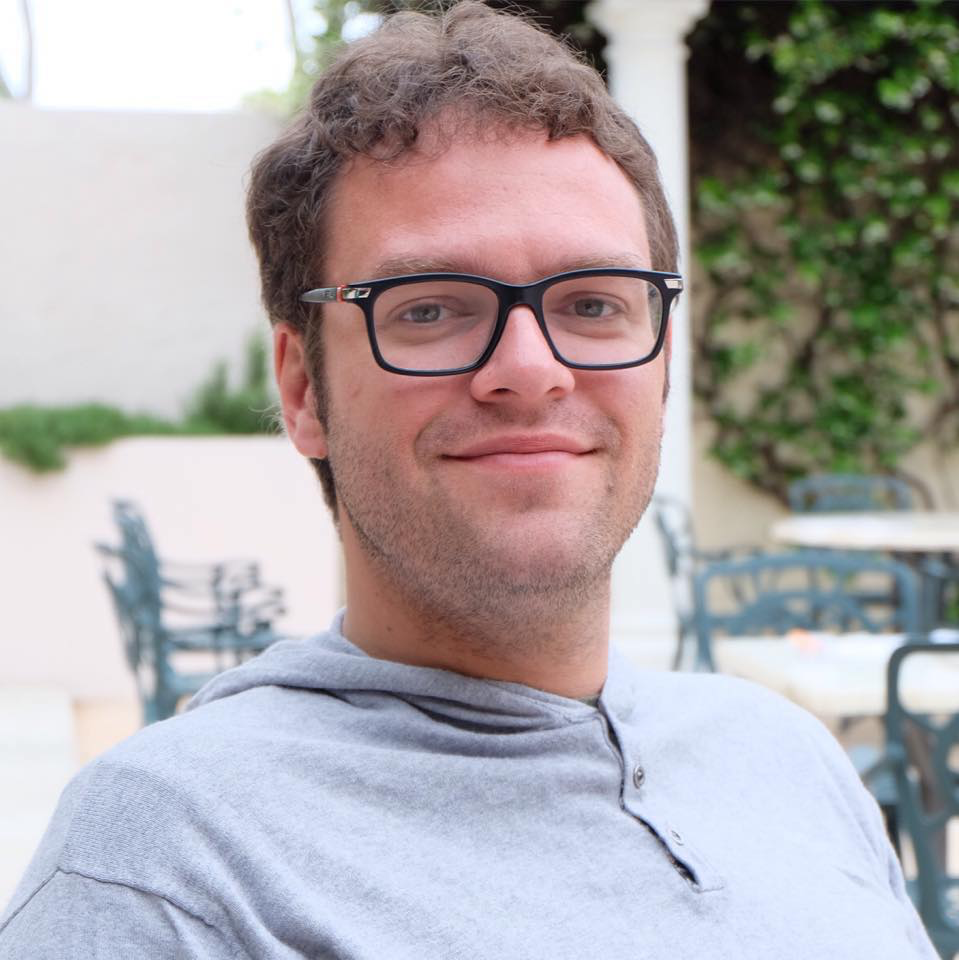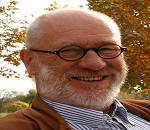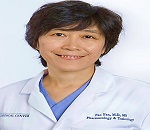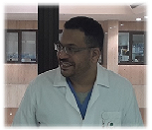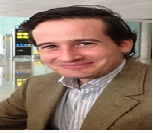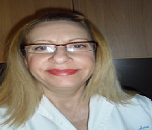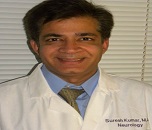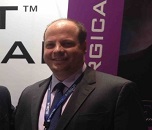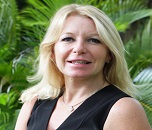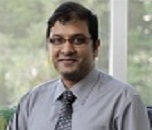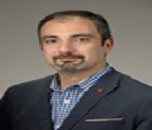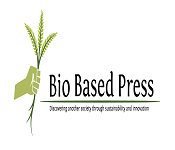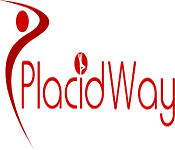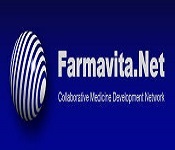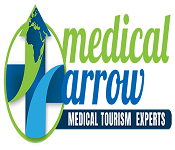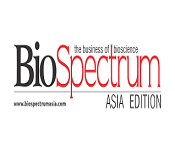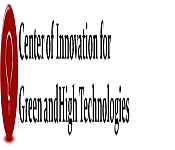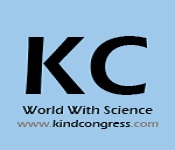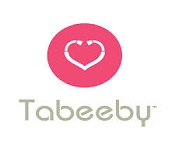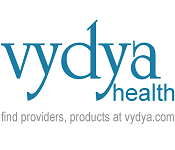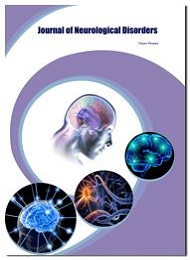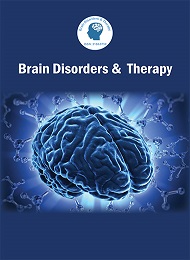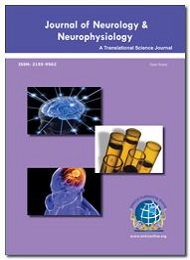Theme: Recent Advancements and Innovations to Treat Brain Disorders Associated with COVID-19
Brain Disorders 2020
ConferenceSeriesllc Ltd invites all the participants from all over the world to participate towards Brain Disorders and Therapeutics Conference which includes prompt keynote presentations, Oral talks, Poster presentations and Exhibitions.
Brain Disorders 2020 Invites and welcomes delegates, presenters, sponsors, and exhibitors from all over the globe. We are delighted to invite you all to participate and register for the 9th International Conference on Brain Disorders and Therapeutics .
Brain Disorders 2020 operating committee is gearing up for an exciting and explanatory conference program including plenary lectures, symposia, workshops on a variety of topics, poster presentations and various programs for participants from all over the world.
We invite you to join us at the Brain Disorders Conference, where you will be sure to have a meaningful experience with scholars from around the world.
Objective:
Brain Disorders Congress, meeting is to unite globally recognized scholastics in the field of neuroscience and neurology, neurospecialists, general wellbeing experts, specialists, scholarly researchers, industry analysts, researchers to trade about best in class research and advances.
The motto of this gathering is to provide new ideas for treatment that will be valuable over the range of Brain Disorders and Therapeutics.
Conference Highlights:
· PATHOPHYSIOLOGY OF BRAIN DISORDERS
· NEURODEGENERATION & AGING DISORDERS
· ANALYSIS, ASSESSMENT AND DIAGNOSIS OF BRAIN DISORDERS
Brain Disorders Congress 2020 is intended to honor prestigious award for talented Young researchers, Scientists, Young Investigators, Post-Graduate students, Post-doctoral fellows, Trainees, Junior faculty in recognition of their outstanding contribution towards the conference theme. The Young Scientist Awards make every effort in providing a strong professional development opportunity for early career academicians by meeting experts to exchange and share their experiences on all aspects of Neurology.
Young Research’s Awards at Brain Disorders Congress 2020 for the Nomination:
Young Researcher Forum - Outstanding Masters/Ph.D./Post Doctorate thesis work Presentation and only 25 presentations acceptable at the Brain Disorders Congress 2020.
YRF Registration benefits:
- Young Scientist Award recongination certificate and memento to the winners
- Brain Disorders Congress 2020 provides best Platform for your research through oral presentations.
- Learn about career improvement with all the latest technologies by networking.
- Provide an opportunity for research interaction and established senior investigators across the globe in the field of Neurology.
- It’s a great privilege for young researchers to learn about the research areas for expanding their research knowledge.
YRF Registration Deadline:
- Till April 30 – $399
- Till May 30 – $499
- Till June 30 – $599
Benefits of Participation:
- Assurance to deliver highest standards in brain disorders and neurology that exceeds the expectations of our participants
- Engage with phenomenal scholars across the world
- The sessions of Brain Disorders Conference sets a highly advanced, innovative and valuable contribution to our medical professions at all who work in contact with brain diseases and neurological disorders on a daily basis
- Act as career guidelines for young researchers and motivates them by Young Researcher Awards
- Idealize Platform for Global Networking
Reasons for Participation….!!
Brain Disorders 2020 is a unique forum to bring together worldwide distinguished academics in the field of neuroscience and neurology, Brain researchers, public health professionals, scientists, academic scientists, industry researchers, scholars to exchange about state of the art research and technologies.
The aim of this conference is to stimulate new ideas for treatment that will be beneficial across the spectrum of Brain Disorders.
Target Audience:
Business Delegates, Industrial Leaders, Brain Researchers, Neuro-oncologists, CEO's and R&D Heads from Industries, Directors, Neurologist, Neuro-radiologist, Neurosurgeons, Psychiatrist, Head of department, Brain Coach, Physicians, Professors and Students from Academia in the research of brain disorders and neurology.
On behalf of Organizing Committee invites all the participants from all over the world to attend the prestigious Scientific Conference on Brain Disorders which encompass Keynote presentations, Oral Presentation, Poster presentations and Exhibitions
Brain Disorders 2020 is a global platform to discuss and learn about early detection as well as treatment, care based on Professional standards, and increased research to accomplish cure for all Brain Disorders. The conference includes leading international experts in Neurocognitive Disorders hospitals specialists, doctors, research scholars and general practitioners form all over the world.
Brain Disorders can affect memory, concentration, Knowledge, language, view, and social cognition. They interfere extremely with a person’s everyday independence in Major Neurocognitive Disorder, but not so in Minor Neurocognitive Disorder.
Track1: BRAIN DISORDERS
Brain is the most complex and sensitive organ in the body. Minute damages to the brain might cause devastating consequences leading to several brain disorders. It may occur in early childhood causing developmental disorders such as autism and dyslexia .Psychiatric diseases such as depression and schizophrenia are typically diagnosed in teens or early adulthood and as we age we become increasingly susceptible to Alzheimer’s disease, Parkinson’s disease, stroke, and other diseases. This session encourages a discussion on the structural and functional aspects of the brain. There are 10 million individuals in the UK living with a neurological condition which significantly affects their lives. Basically, stroke, dementia, cerebral pain, Brain damage and epilepsy are the neurological conditions endured in the UK. It has been evaluated that the lifetime danger of developing Brain and other neural sensory system disease is 1 of every 133 for men and 1 of every 185 for ladies in the UK.
Related Brain Disorders Conferences | Neurology Conferences | Neurology Congress | Neurologists Meeting | Neuroscience Conferences
Related Associations:
Neuropathy Association and Nevus Outreach, Inc, Brain Injury Resource Center and Brain Trauma Foundation, Epilepsy Therapy Project and Exceptional Parent Magazine , Huntington's Disease Society of America Hydrocephalus Association, Multiple Sclerosis Association of America and Multiple Sclerosis Foundation, Multiple System Atrophy Coalition, Acoustic Neuroma Association and ADA Disability and Business Technical Assistance Program; Aicardi Syndrome Foundation and Alliance for Aging Research; ALS Association and ALS Therapy Development Institute; Alternating Hemiplegia of Childhood Foundation and Alzheimer's Drug Discovery Foundation.
Track2: BRAIN CANCER & TUMORS
Brain cancer is a disease of the brain in which cancer cells (malignant cells) arise in the brain tissue (cancer of the brain). Cancer cells grow to form a mass of cancer tissue (tumor) that interferes with brain functions such as muscle control, sensation, memory, and other normal body functions. Tumors composed of cancer cells are called malignant tumors, and those composed of mainly noncancerous cells are called benign tumors. Cancer cells that develop from brain tissue are called primary brain tumors while tumors that spread from other body sites to the brain are termed metastatic or secondary brain tumors. Only about 5% of brain tumors may be due to hereditary genetic conditions such as neurofibromatosis, tuberous sclerosis, and a few others.
Related Brain Disorders Conferences | Neurology Conferences | Neurology Congress | Neurologists Meeting | Neuroscience Conferences
Related Associations:
Neuropathy Association and Nevus Outreach, Inc, Brain Injury Resource Center and Brain Trauma Foundation, Epilepsy Therapy Project and Exceptional Parent Magazine , Huntington's Disease Society of America Hydrocephalus Association, Multiple Sclerosis Association of America and Multiple Sclerosis Foundation, Multiple System Atrophy Coalition, Acoustic Neuroma Association and ADA Disability and Business Technical Assistance Program; Aicardi Syndrome Foundation and Alliance for Aging Research; ALS Association and ALS Therapy Development Institute; Alternating Hemiplegia of Childhood Foundation and Alzheimer's Drug Discovery Foundation.
Track3: NEUROLOGICAL DISORDERS
Any disorder happen at the body nervous system is called as Neurological Disorders. Abnormalities in the brain, spinal cord or other nerves like Structural, biochemical or electrical can result as symptoms sometime. Neurological disorder symptoms might be loss of sensation, Poor Coordination, muscle weakness, paralysis, confusion, pain and altered levels of consciousness. Causes for the neurological disorder can be biochemical changes and sometimes can be physical injury to the brain, spinal cord, or nerves. But in some case the root cause can’t be determined only effects are seen.
Related Brain Disorders Conferences | Neurology Conferences | Neurology Congress | Neurologists Meeting | Neuroscience Conferences
Related Associations:
Neuropathy Association and Nevus Outreach, Inc, Brain Injury Resource Center and Brain Trauma Foundation, Epilepsy Therapy Project and Exceptional Parent Magazine , Huntington's Disease Society of America Hydrocephalus Association, Multiple Sclerosis Association of America and Multiple Sclerosis Foundation, Multiple System Atrophy Coalition, Acoustic Neuroma Association and ADA Disability and Business Technical Assistance Program; Aicardi Syndrome Foundation and Alliance for Aging Research; ALS Association and ALS Therapy Development Institute; Alternating Hemiplegia of Childhood Foundation and Alzheimer's Drug Discovery Foundation.
Track4: NEUROIMMUNOLOGY
Neuroimmunology is a field combining neuroscience, the study of the nervous system, and immunology, the study of the immune system. Neuroimmunologists seek to better understand the interactions of these two complex systems during development, homeostasis, and response to injuries. A long-term goal of this rapidly developing research area is to further develop our understanding of the pathology of certain neurological diseases, some of which have no clear etiology. neuroimmunology contributes to development of new pharmacological treatments for several neurological conditions. Many types of interactions involve both the nervous and immune systems including the physiological functioning of the two systems in health and disease, malfunction of either and or both systems that leads to disorders, and the physical, chemical, and environmental stressors that affect the two systems on a daily basis.
Related Brain Disorders Conferences | Neurology Conferences | Neurology Congress | Neurologists Meeting | Neuroscience Conferences
Related Associations:
Neuropathy Association and Nevus Outreach, Inc, Brain Injury Resource Center and Brain Trauma Foundation, Epilepsy Therapy Project and Exceptional Parent Magazine , Huntington's Disease Society of America Hydrocephalus Association, Multiple Sclerosis Association of America and Multiple Sclerosis Foundation, Multiple System Atrophy Coalition, Acoustic Neuroma Association and ADA Disability and Business Technical Assistance Program; Aicardi Syndrome Foundation and Alliance for Aging Research; ALS Association and ALS Therapy Development Institute; Alternating Hemiplegia of Childhood Foundation and Alzheimer's Drug Discovery Foundation.
Track5: NEUROSURGERY
Neurosurgery being a practical procedure for treating brain diseases and injuries has seen profound, unending advances in terms of the tools and technology used. These advances promise to enhance the accuracy of diagnosis and intraoperative procedures. Neurosurgery has come a long way from being regarded as one of the most complex procedures in the medical field to advances in simulation technology where neurosurgeons will be able to practice a surgical procedure or augment the actual surgery.
Related Brain Disorders Conferences | Neurology Conferences | Neurology Congress | Neurologists Meeting | Neuroscience Conferences
Related Associations:
Neuropathy Association and Nevus Outreach, Inc, Brain Injury Resource Center and Brain Trauma Foundation, Epilepsy Therapy Project and Exceptional Parent Magazine , Huntington's Disease Society of America Hydrocephalus Association, Multiple Sclerosis Association of America and Multiple Sclerosis Foundation, Multiple System Atrophy Coalition, Acoustic Neuroma Association and ADA Disability and Business Technical Assistance Program; Aicardi Syndrome Foundation and Alliance for Aging Research; ALS Association and ALS Therapy Development Institute; Alternating Hemiplegia of Childhood Foundation and Alzheimer's Drug Discovery Foundation.
Track6: TRAUMATIC BRAIN INJURY
Traumatic brain injury (TBI) is sudden damage to the brain caused by a blow or jolt to the head. Common causes include car or motorcycle crashes, falls, sports injuries, and assaults. Injuries can range from mild concussions to severe permanent brain damage. TBI may require intensive care and life-saving surgery. Those who survive a brain injury can face lasting effects in their physical and mental abilities as well as emotions and personality. Most people who suffer moderate to severe TBI will need rehabilitation to recover and relearn skills.
Related Brain Disorders Conferences | Neurology Conferences | Neurology Congress | Neurologists Meeting | Neuroscience Conferences
Related Associations:
Neuropathy Association and Nevus Outreach, Inc, Brain Injury Resource Center and Brain Trauma Foundation, Epilepsy Therapy Project and Exceptional Parent Magazine , Huntington's Disease Society of America Hydrocephalus Association, Multiple Sclerosis Association of America and Multiple Sclerosis Foundation, Multiple System Atrophy Coalition, Acoustic Neuroma Association and ADA Disability and Business Technical Assistance Program; Aicardi Syndrome Foundation and Alliance for Aging Research; ALS Association and ALS Therapy Development Institute; Alternating Hemiplegia of Childhood Foundation and Alzheimer's Drug Discovery Foundation.
Track7: MENTAL RETARDATION
Mental retardation, is characterized by below-average intelligence or mental ability and a lack of skills necessary for day-to-day living. People with intellectual disabilities can and do learn new skills, but they learn them more slowly. There are varying degrees of intellectual disability, from mild to profound.
Related Brain Disorders Conferences | Neurology Conferences | Neurology Congress | Neurologists Meeting | Neuroscience Conferences
Related Associations:
Neuropathy Association and Nevus Outreach, Inc, Brain Injury Resource Center and Brain Trauma Foundation, Epilepsy Therapy Project and Exceptional Parent Magazine , Huntington's Disease Society of America Hydrocephalus Association, Multiple Sclerosis Association of America and Multiple Sclerosis Foundation, Multiple System Atrophy Coalition, Acoustic Neuroma Association and ADA Disability and Business Technical Assistance Program; Aicardi Syndrome Foundation and Alliance for Aging Research; ALS Association and ALS Therapy Development Institute; Alternating Hemiplegia of Childhood Foundation and Alzheimer's Drug Discovery Foundation.
Track8: NEUROINFLAMMATION
Neuroinflammation is inflammation of the nervous tissue. It may be initiated in response to a variety of cues, including infection, traumatic brain injury, toxic metabolites, or autoimmunity. In the central nervous system (CNS), including the brain and spinal cord, microglia are the resident innate immune cells that are activated in response to these cues. The CNS is typically an immunologically privileged site because peripheral immune cells are generally blocked by the blood–brain barrier (BBB), a specialized structure composed of astrocytes and endothelial cells.
Related Brain Disorders Conferences | Neurology Conferences | Neurology Congress | Neurologists Meeting | Neuroscience Conferences
Related Associations:
Neuropathy Association and Nevus Outreach, Inc, Brain Injury Resource Center and Brain Trauma Foundation, Epilepsy Therapy Project and Exceptional Parent Magazine , Huntington's Disease Society of America Hydrocephalus Association, Multiple Sclerosis Association of America and Multiple Sclerosis Foundation, Multiple System Atrophy Coalition, Acoustic Neuroma Association and ADA Disability and Business Technical Assistance Program; Aicardi Syndrome Foundation and Alliance for Aging Research; ALS Association and ALS Therapy Development Institute; Alternating Hemiplegia of Childhood Foundation and Alzheimer's Drug Discovery Foundation.
Track9: PATHOPHYSIOLOGY OF BRAIN DISORDERS
Brain disorder occurs when there is a damage or disruption to the brain or brains function after the birth of an individual. Damaged brain will causes changes in the memory, sensation and sometimes even at personality. It can occur due to falls, accidents, assault, lack of oxygen, concussion and other trauma which causes a brain diseases like Alzheimer's disease and other dementia, degenerative diseases, Parkinson's disease and brain tumors. Intelligence is usually not affected by disorder, although there are usually cognitive changes such as problems with memory, concentration and attention. Brain disorders are considered as serious health problem facing by the society.
Related Brain Disorders Conferences | Neurology Conferences | Neurology Congress | Neurologists Meeting | Neuroscience Conferences
Related Associations:
Neuropathy Association and Nevus Outreach, Inc, Brain Injury Resource Center and Brain Trauma Foundation, Epilepsy Therapy Project and Exceptional Parent Magazine , Huntington's Disease Society of America Hydrocephalus Association, Multiple Sclerosis Association of America and Multiple Sclerosis Foundation, Multiple System Atrophy Coalition, Acoustic Neuroma Association and ADA Disability and Business Technical Assistance Program; Aicardi Syndrome Foundation and Alliance for Aging Research; ALS Association and ALS Therapy Development Institute; Alternating Hemiplegia of Childhood Foundation and Alzheimer's Drug Discovery Foundation.
Track10: CEREBROSPINAL COMPLICATIONS
Cerebrospinal Fluid (CSF) secures the brain and spinal cord. CSF spills happen through a correspondence between the covering of the Brain and the nose. These correspondences may happen suddenly or result from injury or earlier sinonasal surgery. Entanglements may happen if the reason is surgery or injury. Diseases after surgery or injury can prompt meningitis and genuine intricacies, for example, swelling of the Brain. Most CSF spills are a complexity of a spinal tap or surgery. This session directs the attention to brain complications due to intricacies of the CSF.
Related Brain Disorders Conferences | Neurology Conferences | Neurology Congress | Neurologists Meeting | Neuroscience Conferences
Related Associations:
Neuropathy Association and Nevus Outreach, Inc, Brain Injury Resource Center and Brain Trauma Foundation, Epilepsy Therapy Project and Exceptional Parent Magazine , Huntington's Disease Society of America Hydrocephalus Association, Multiple Sclerosis Association of America and Multiple Sclerosis Foundation, Multiple System Atrophy Coalition, Acoustic Neuroma Association and ADA Disability and Business Technical Assistance Program; Aicardi Syndrome Foundation and Alliance for Aging Research; ALS Association and ALS Therapy Development Institute; Alternating Hemiplegia of Childhood Foundation and Alzheimer's Drug Discovery Foundation.
Track11: BRAIN COMPLICATIONS
In Medical terms Complication is referred as unfavorable condition of a disease or worst consequences of particular disease causing high risk health problems. Traumatic brain injury sometimes increases the risk of complication greater like Coma (unconscious), Vegetative state (Widespread damage to the brain), minimally conscious state (altered consciousness), Locked-in syndrome (Locked in-state), Brain death (brain cell death).In case of Brain Cancer sometimes life life-threatening complications happens For example Sudden death due to the obstructed flow of cerebrospinal fluid from the third ventricle and sometimes sever complications like paralysis, loss of vision, loss of speech, unconsciousness by the sudden Hemorrhagic stroke.
Related Brain Disorders Conferences | Neurology Conferences | Neurology Congress | Neurologists Meeting | Neuroscience Conferences
Related Associations:
Neuropathy Association and Nevus Outreach, Inc, Brain Injury Resource Center and Brain Trauma Foundation, Epilepsy Therapy Project and Exceptional Parent Magazine , Huntington's Disease Society of America Hydrocephalus Association, Multiple Sclerosis Association of America and Multiple Sclerosis Foundation, Multiple System Atrophy Coalition, Acoustic Neuroma Association and ADA Disability and Business Technical Assistance Program; Aicardi Syndrome Foundation and Alliance for Aging Research; ALS Association and ALS Therapy Development Institute; Alternating Hemiplegia of Childhood Foundation and Alzheimer's Drug Discovery Foundation.
Track12: NEURODEGENERATION & AGING DISORDERS
Neurodegeneration is the process of losing Neurons within the Brain and spinal cord. Neuron is build blocks for the nervous system including brain and spinal cord. Neurons cannot be regenerated or replace by body normally. Ageing affects many cellular processes that progress to the neurodegeneration and also age-related changes in cellular function will progress to the pathogenesis of PD. well known Neurodegenerative disease are Alzheimer's disease (AD), Parkinson's disease (PD), Huntington's disease (HD) and amyotrophic lateral sclerosis (ALS). Neurodegenerative diseases are genetically inherited causative genes for neurodegenerative disease has been identified by using recent advance in the genetics, Drug therapies were provided for Neurodegenerative disease by three treatment categories symptomatic, protective and curative.
Related Brain Disorders Conferences | Neurology Conferences | Neurology Congress | Neurologists Meeting | Neuroscience Conferences
Related Associations:
Neuropathy Association and Nevus Outreach, Inc, Brain Injury Resource Center and Brain Trauma Foundation, Epilepsy Therapy Project and Exceptional Parent Magazine , Huntington's Disease Society of America Hydrocephalus Association, Multiple Sclerosis Association of America and Multiple Sclerosis Foundation, Multiple System Atrophy Coalition, Acoustic Neuroma Association and ADA Disability and Business Technical Assistance Program; Aicardi Syndrome Foundation and Alliance for Aging Research; ALS Association and ALS Therapy Development Institute; Alternating Hemiplegia of Childhood Foundation and Alzheimer's Drug Discovery Foundation.
Pediatric neurology is a blend of both neurology and pediatrics. Pediatric neurology is a branch of medication primarily managing scatters of the nervous system. Pediatric neurology manages the determination and treatment of all maladies including the focal and fringe sensory system and its subdivisions, the autonomic sensory system and the physical sensory system, including their covers, veins and all effector tissues, for example, muscles. A medicinal expert who represents considerable authority in this field of pediatric neurology is called pediatric neurologists.
Related Brain Disorders Conferences | Neurology Conferences | Neurology Congress | Neurologists Meeting | Neuroscience Conferences
Related Associations:
Neuropathy Association and Nevus Outreach, Inc, Brain Injury Resource Center and Brain Trauma Foundation, Epilepsy Therapy Project and Exceptional Parent Magazine , Huntington's Disease Society of America Hydrocephalus Association, Multiple Sclerosis Association of America and Multiple Sclerosis Foundation, Multiple System Atrophy Coalition, Acoustic Neuroma Association and ADA Disability and Business Technical Assistance Program; Aicardi Syndrome Foundation and Alliance for Aging Research; ALS Association and ALS Therapy Development Institute; Alternating Hemiplegia of Childhood Foundation and Alzheimer's Drug Discovery Foundation.
Track14: NEUROPHARMACOLOGY
Neuropharmacology is the study of how drugs affect cellular function in the nervous system, and the neural mechanisms through which they influence behavior. There are two main branches of neuropharmacology one is behavioral and the other one is molecular. Behavioral neuropharmacology focuses on the study of how drugs affect human behavior (neuropsychopharmacology), including the study of how drug dependence and addiction affect the human brain. Molecular neuropharmacology involves the study of neurons and their neurochemical interactions, with the overall goal of developing drugs that have beneficial effects on neurological function. Both of these fields are closely connected, since both are concerned with the interactions of neurotransmitters, neuropeptides, neurohormones, neuromodulators, enzymes, second messengers, co-transporters, ion channels, and receptor proteins in the central and peripheral nervous systems. Studying these interactions, researchers are developing drugs to treat many different neurological disorders, including pain, neurodegenerative diseases.
Related Brain Disorders Conferences | Neurology Conferences | Neurology Congress | Neurologists Meeting | Neuroscience Conferences
Related Associations:
Neuropathy Association and Nevus Outreach, Inc, Brain Injury Resource Center and Brain Trauma Foundation, Epilepsy Therapy Project and Exceptional Parent Magazine , Huntington's Disease Society of America Hydrocephalus Association, Multiple Sclerosis Association of America and Multiple Sclerosis Foundation, Multiple System Atrophy Coalition, Acoustic Neuroma Association and ADA Disability and Business Technical Assistance Program; Aicardi Syndrome Foundation and Alliance for Aging Research; ALS Association and ALS Therapy Development Institute; Alternating Hemiplegia of Childhood Foundation and Alzheimer's Drug Discovery Foundation.
Track15: NEUROLOGY OF BRAIN
A hereditary Brain disease is caused by a variety or a change in a gene. Hereditary Brain issue influences the improvement and capacity of the cerebrum. The indications of Brain injuries normally rely upon the reason for the condition. Cerebrum issue may influence the fundamental territories of your mind that control how we move, think, and carry on. A few tumours can tighten the veins in mind.
.Related Brain Disorders Conferences | Neurology Conferences | Neurology Congress | Neurologists Meeting | Neuroscience Conferences
Related Associations:
Neuropathy Association and Nevus Outreach, Inc, Brain Injury Resource Center and Brain Trauma Foundation, Epilepsy Therapy Project and Exceptional Parent Magazine , Huntington's Disease Society of America Hydrocephalus Association, Multiple Sclerosis Association of America and Multiple Sclerosis Foundation, Multiple System Atrophy Coalition, Acoustic Neuroma Association and ADA Disability and Business Technical Assistance Program; Aicardi Syndrome Foundation and Alliance for Aging Research; ALS Association and ALS Therapy Development Institute; Alternating Hemiplegia of Childhood Foundation and Alzheimer's Drug Discovery Foundation.
Track16: NOVEL TREATMENT STRATEGIES
The Novel Treatment procedures like Therapeutic Brain incitement (electric and attractive), Tau-Based Treatment Strategies in Neurodegenerative Diseases, Anti-amyloid treatment, Comprehensive treatment, Therapeutic predicaments in multiple sclerosis (MS) and Future research bearings in Brain Disorders.
Related Brain Disorders Conferences | Neurology Conferences | Neurology Congress | Neurologists Meeting | Neuroscience Conferences
Related Associations:
Neuropathy Association and Nevus Outreach, Inc, Brain Injury Resource Center and Brain Trauma Foundation, Epilepsy Therapy Project and Exceptional Parent Magazine , Huntington's Disease Society of America Hydrocephalus Association, Multiple Sclerosis Association of America and Multiple Sclerosis Foundation, Multiple System Atrophy Coalition, Acoustic Neuroma Association and ADA Disability and Business Technical Assistance Program; Aicardi Syndrome Foundation and Alliance for Aging Research; ALS Association and ALS Therapy Development Institute; Alternating Hemiplegia of Childhood Foundation and Alzheimer's Drug Discovery Foundation.
Track17: ADDICTION & BRAIN DISORDERS
Addiction is a disorder of brain (Brain Disorder) and its complex condition. Addiction is also known as chronic disorder which includes psychological, biological, environmental factors and social factor influenced by development and maintenance. Genetic might be the risk factor for addiction sometimes For example engaging in certain behaviors (such as gambling) and the way the body processes alcohol or other drugs. Addiction can be prevented, treated and managed by the healthcare professionals with the co-operation of family or peer support like social worker. Addiction directly affects the function of brain and body which will result in problems in families, relationship, friends, schools, workplaces and neighborhoods.
Related Brain Disorders Conferences | Neurology Conferences | Neurology Congress | Neurologists Meeting | Neuroscience Conferences
Related Associations:
Neuropathy Association and Nevus Outreach, Inc, Brain Injury Resource Center and Brain Trauma Foundation, Epilepsy Therapy Project and Exceptional Parent Magazine , Huntington's Disease Society of America Hydrocephalus Association, Multiple Sclerosis Association of America and Multiple Sclerosis Foundation, Multiple System Atrophy Coalition, Acoustic Neuroma Association and ADA Disability and Business Technical Assistance Program; Aicardi Syndrome Foundation and Alliance for Aging Research; ALS Association and ALS Therapy Development Institute; Alternating Hemiplegia of Childhood Foundation and Alzheimer's Drug Discovery Foundation.
Track18: ANALYSIS, ASSESSMENT AND DIAGNOSIS OF BRAIN DISORDERS
Early diagnosis of brain disorders is crucial to determining the prognosis and treatment for the patient. Over the decades, there has been immense advancements in the diagnostic tools and strategies for various brain disorders. Symptomatic tests and strategies are imperative apparatuses that assist doctors to affirm or preclude the development of a neurological diseases or other medicinal condition. Tests and methods, for example, Chorionic villus inspecting, Pre-symptomatic testing, Biomarkers, Molecular diagnostics, Neuroimaging and Human Neuroimaging are regularly used to analysis. This session brings together researchers from around the world and provides a platform for the discussion of newer strategies of early diagnosis of various brain disorders to ensure better survival rates of individuals.
Related Brain Disorders Conferences | Neurology Conferences | Neurology Congress | Neurologists Meeting | Neuroscience Conferences
Related Associations:
Neuropathy Association and Nevus Outreach, Inc, Brain Injury Resource Center and Brain Trauma Foundation, Epilepsy Therapy Project and Exceptional Parent Magazine , Huntington's Disease Society of America Hydrocephalus Association, Multiple Sclerosis Association of America and Multiple Sclerosis Foundation, Multiple System Atrophy Coalition, Acoustic Neuroma Association and ADA Disability and Business Technical Assistance Program; Aicardi Syndrome Foundation and Alliance for Aging Research; ALS Association and ALS Therapy Development Institute; Alternating Hemiplegia of Childhood Foundation and Alzheimer's Drug Discovery Foundation.
Track19: STEM CELL THERAPIES
Stem cell therapy treats various disorders by using stem cell more than 80 disorders effectively treated by stem cell therapy which includes neuromuscular and degenerative disorders. Neurodegenerative is the loss of neuron which can’t be regenerated by the body Stem cell technology has become an important option in diagnosis and treatment of Neurodegenerative diseases including PD, Huntington's disease (HD), Alzheimer's and amyotrophic lateral sclerosis (ALS). Spinal cord injuries are common traumas which occur in two different ways stem cell therapy repair and regenerate peripheral nerves.
Related Brain Disorders Conferences | Neurology Conferences | Neurology Congress | Neurologists Meeting | Neuroscience Conferences
Related Associations:
Neuropathy Association and Nevus Outreach, Inc, Brain Injury Resource Center and Brain Trauma Foundation, Epilepsy Therapy Project and Exceptional Parent Magazine , Huntington's Disease Society of America Hydrocephalus Association, Multiple Sclerosis Association of America and Multiple Sclerosis Foundation, Multiple System Atrophy Coalition, Acoustic Neuroma Association and ADA Disability and Business Technical Assistance Program; Aicardi Syndrome Foundation and Alliance for Aging Research; ALS Association and ALS Therapy Development Institute; Alternating Hemiplegia of Childhood Foundation and Alzheimer's Drug Discovery Foundation.
Track20: NEURO ONCOLOGY
Neuro-oncology is the study of brain and spinal cord neoplasms, many of which are (at least eventually) very dangerous and life-threatening (astrocytoma, glioma, glioblastoma multiforme, ependymoma, pontine glioma, and brain stem tumors are among the many examples of these.
Related Brain Disorders Conferences | Neurology Conferences | Neurology Congress | Neurologists Meeting | Neuroscience Conferences
Related Associations:
Neuropathy Association and Nevus Outreach, Inc, Brain Injury Resource Center and Brain Trauma Foundation, Epilepsy Therapy Project and Exceptional Parent Magazine , Huntington's Disease Society of America Hydrocephalus Association, Multiple Sclerosis Association of America and Multiple Sclerosis Foundation, Multiple System Atrophy Coalition, Acoustic Neuroma Association and ADA Disability and Business Technical Assistance Program; Aicardi Syndrome Foundation and Alliance for Aging Research; ALS Association and ALS Therapy Development Institute; Alternating Hemiplegia of Childhood Foundation and Alzheimer's Drug Discovery Foundation.
It is our pleasure to welcome you to the Brain Disorders 2020 Conference.
The organizing committee is gearing up for an exciting and informative program on a variety of topics, poster presentations and various programs for participants from all over the world. Unsurpassed substantiation cure for Brain Disorders clearly shows that the close association of families and careers in the care of their loved ones is key to improving early revealing of Vascular Dementia, renewal to a healthy weight and sustaining long term wellbeing.
This conference will increase knowledge, provide support, assist learning and allow to seek out applicable services and to develop the best environment to support recovery from these complex and devastating diseases.
Brain Disorders is the scientific field that is concerned with the study of the biological processes and aspects that underlie cognition, with a specific focus on the neural connections in the brain which are involved in mental processes.
Brain Disorders included in the analysis were tetanus, meningitis, encephalitis, stroke, brain and other nervous system cancers, traumatic brain injury, spinal cord injury, Alzheimer’s disease and other dementias, Parkinson’s disease, multiple sclerosis, motor neuron disease, idiopathic epilepsy, migraine, tension-type headache, and a residual category of other less common neurological disorders.
Brain Disorders are increasingly recognized as one of the most prevalent disorders with high burden to the patients, their families, and society. However, until recently there were no accurate estimates of the burden of neurological disorders on the global, regional, and national levels as well as their trends over the last 3 decades.
The Alzheimer's Association funds independent investigators worldwide, they have awarded over $335 million to more than 2,250 projects. The global cost of Alzheimer’s and dementia is estimated to be $605 billion, which is equivalent to 1% of the entire world’s gross domestic product.
Aggregate Cost of Care by Payer for Americans Age 65 and Older with Alzheimer‘s Disease and Other Dementias: Medicare $113 Billion, Medicaid $41 Billion, Out of pocket $44 Billion, Other $29 Billion.
Dementia is widely considered the second most common cause of dementia after Alzheimer's disease, accounting for 10 percent of cases. Many experts believe that vascular dementia remains underdiagnosed like Alzheimer's disease even though it's recognized as common. The global market for treatments for syndromes of dementia and movement disorders was valued at 10.5 billion in 2011 and should reach $11.1 billion in 2012. Total market value is expected to reach $16.7 billion in 2017 after increasing at a five-year compound annual growth rate (CAGR) of 8.5%.
Conference Highlights
- BRAIN DISORDERS
- BRAIN CANCER & TUMORS
- NEUROLOGICAL DISORDERS
- NEUROIMMUNOLOGY
- NEUROSURGERY
- TRAUMATIC BRAIN INJURY
- MENTAL RETARDATION
- NEUROINFLAMMATION
- PATHOPHYSIOLOGY OF BRAIN DISORDERS
- CEREBROSPINAL COMPLICATIONS
- BRAIN COMPLICATIONS
- NEURODEGENERATION & AGING DISORDERS
- PEDIATRIC NEUROLOGY
- NEUROPHARMACOLOGY
- NEUROLOGY OF BRAIN
- NOVEL TREATMENT STRATEGIES
- ADDICTION & BRAIN DISORDERS
- ANALYSIS, ASSESSMENT AND DIAGNOSIS OF BRAIN DISORDERS
- STEM CELL THERAPIES
- NEURO ONCOLOGY
To share your views and research, please click here to register for the Conference.
To Collaborate Scientific Professionals around the World
| Conference Date | August 21-22, 2020 | ||
| Sponsors & Exhibitors |
|
||
| Speaker Opportunity Closed | Day 1 | ||
| Poster Opportunity Closed | Click Here to View | ||
Useful Links
Special Issues
All accepted abstracts will be published in respective Our International Journals.
- Brain Disorders and Therapy
- Journal of Neurology & Neurophysiology
- Journal of Neurological Disorders
Abstracts will be provided with Digital Object Identifier by





